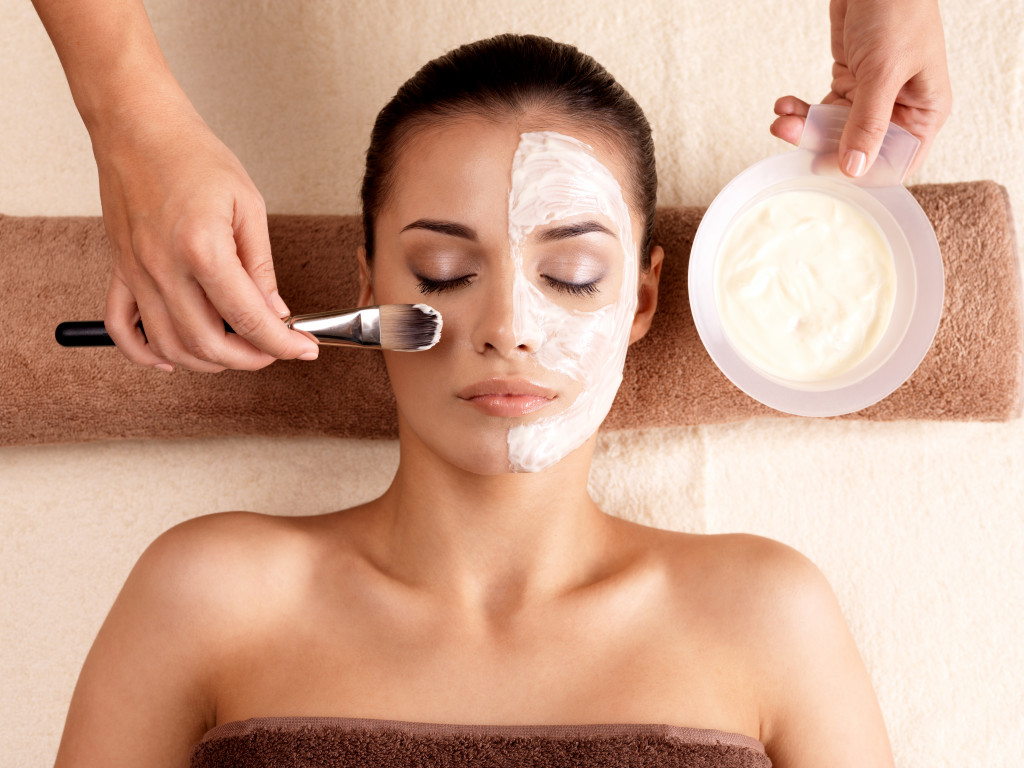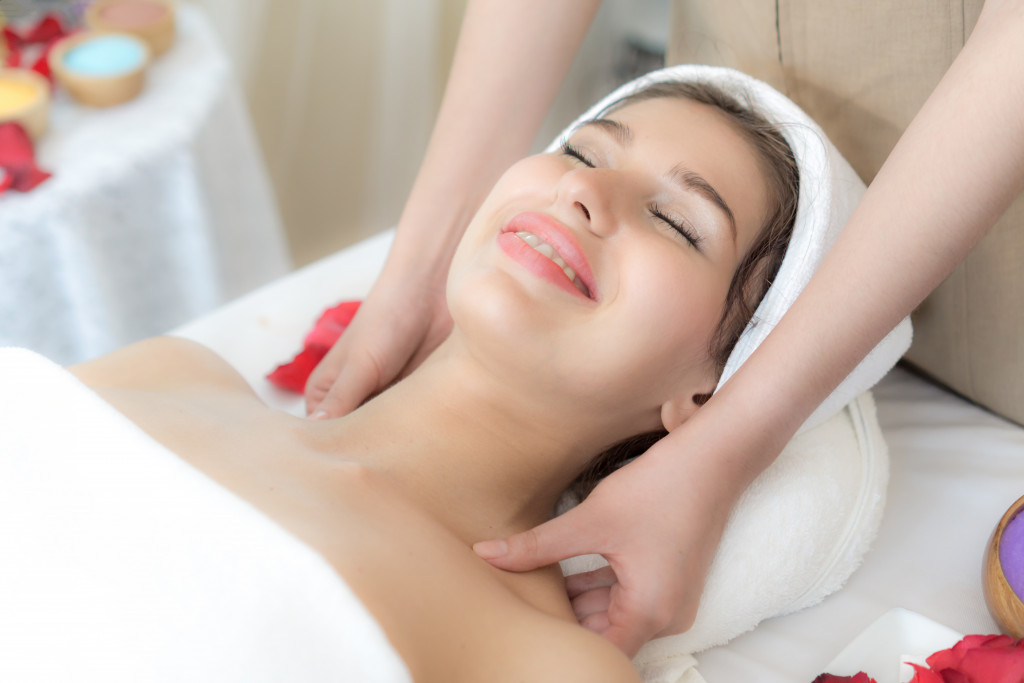The beauty industry is experiencing unprecedented market growth in the last decades. Cosmetic manufacturers produce private-label cosmetics to help entrepreneurs develop creative and quality beauty products for their clients. As more beauty businesses emerge, skincare and hygiene segments continue to develop, making way for various beauty categories.
Consumers today are becoming increasingly conscious of whatever they put in and on their bodies. This new consumer trend has created a niche in the beauty industry focusing on natural beauty and eco-friendly lifestyles. As we all know, beauty and skincare manufacturers have been using chemical ingredients on their skin products that cause harmful side effects on the body.
Although natural and organic skincare products have been around for a while, eco-friendly brands have failed to create a large impact in the beauty industry. One reason is the negative stigma surrounding organic products known to be less effective than the products made by popular brands.
But times have changed and people are now shifting to non-toxic, clean products. Consumers are gradually becoming aware of skincare ingredients, resulting in the sudden rise of the clean beauty movement. To know more about this new beauty trend, we’ll be talking about the current state of the clean beauty industry and what it means for beauty businesses.
The importance of clean beauty
Believe it or not, the beauty industry is unregulated. This means companies can easily label their products vegan, organic, natural, and eco-friendly as they please. Without safety procedures and regulations, consumers can’t tell if the company is being honest with them.
Greenwashing is prevalent in different industries and the beauty market is no exception. This means companies can disguise themselves as natural and clean, even if they aren’t. Sadly, consumers get easily tricked into these labels and unknowingly patronize products that are the actual opposite of their claims.
Companies take advantage of their customers who will pay a premium for green, organic, natural, and vegan skin products. Another trick is they provide an incomplete ingredient list of the product. This is a sneaky way for brands to hide the true formulation of their ingredients. They also use misleading terms by using the term “fragrance” to hide their toxic ingredients.
The clean beauty market
The clean beauty movement is at a steady growth. People are having a particular preference for organic and natural products without harmful ingredients. This pushed the beauty market to shift its focus to clean beauty and brands are becoming more conscious of what they put in their products.
Walking into a makeup store or even the beauty aisle offers a different experience than before. You’ll notice new clean beauty brands popping on the shelves and popular brands are introducing non-toxic formulations. Even luxury brands are joining the fray by using the terms “clean beauty” in every campaign, platform, and packaging.
In reality, even the biggest brands in clean beauty aren’t 100% natural and organic. They combine synthetic ingredients with natural ones. While there’s still an ongoing debate if they’re truly non-toxic, these brands are still making extra efforts than other commercial brands.
Although global makeup companies can’t completely incorporate clean, natural ingredients in their line, the increasing demand for clean beauty products will likely drive them to make the switch eventually. In fact, beauty experts are predicting that more retailers and brands will make adjustments to meet the rising demand of the clean beauty movement.
Clean beauty trends

The term “clean beauty” is still causing confusion in the beauty market. But consumers are getting around by learning more about the brands they patronize. Some emerging beauty trends in the past years are Korean clean beauty products, sustainable and plant-based ingredients, non-toxic deodorant, and zero-packaging or “naked” products.
Generally, clean skincare products are more targeted and personalized for consumers. They’re aware that their customers will no longer buy a typical moisturizer. They prefer a product that caters to their individual concerns, such as anti-aging, non-comedogenic, and sensitive skin.
Clean beauty brands are also known for their minimal ingredients. We are familiar with the overwhelming and confusing ingredient lists containing unfamiliar chemical ingredients we can’t even pronounce. This time, customers are paying attention to chemical formulations, and they’re expecting to see simple ingredients on their products they can easily recognize.
The skincare industry is filled with misinformation about beauty trends and cosmetic formulas. Before jumping on the next beauty trend, always do your research to know more about the products you’re planning to manufacture or sell. Selling clean beauty products is a great start if you’re starting a small cosmetic business. This can put you in a better position by prioritizing the environment and the health needs of your consumers.


